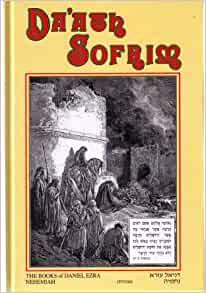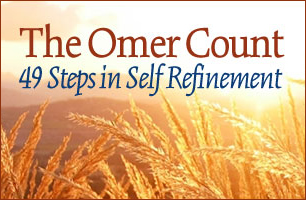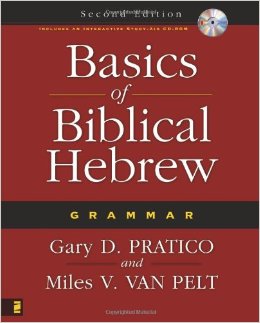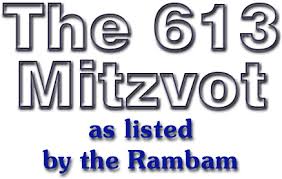This course is a continuation of Biblical Prophet I, Search for course summary there.

- Professor: Dr. Conny Williams
In this course we will study the book of Proverbs in detail from the original text. The text book comes from an Anthology, Da'at Soferim.
The book of Proverbs is a difficult book. Not because the language used in it is archaic, not because the concepts discussed in it are difficult to comprehend, but because it is demanding. It demands an honest look into one's own inner and outer lives. Do one's own beliefs and attitudes reach those presented here? Does one's own behavior live up to these standards?

- Professor: Dr. Conny Williams
This is a course that correlates the Book of Ephesians to the counting of the Omer from a Jewish perspective.?? Each day of the Omer is matched with a portion of the book of Ephesians and two corresponding Sephirot.

- Professor: Dr. Conny Williams
Introduction to the Hebrew Alep-Bet, some Grammar, the Shema and Vocabulary.
This course requires a text book, workbook and attendance or live streaming.
This course covers lesson 1-6 and is a requirement for the Master and Doctoral Degree of any kind.

This course requires a text book.?? This course discusses Rambam's Mishneh Torah.
The text book can be aquired at mysefer.com, Mishneh Torah, vol 1, Yesodei HaTorah.

- Professor: Dr. Conny Williams

